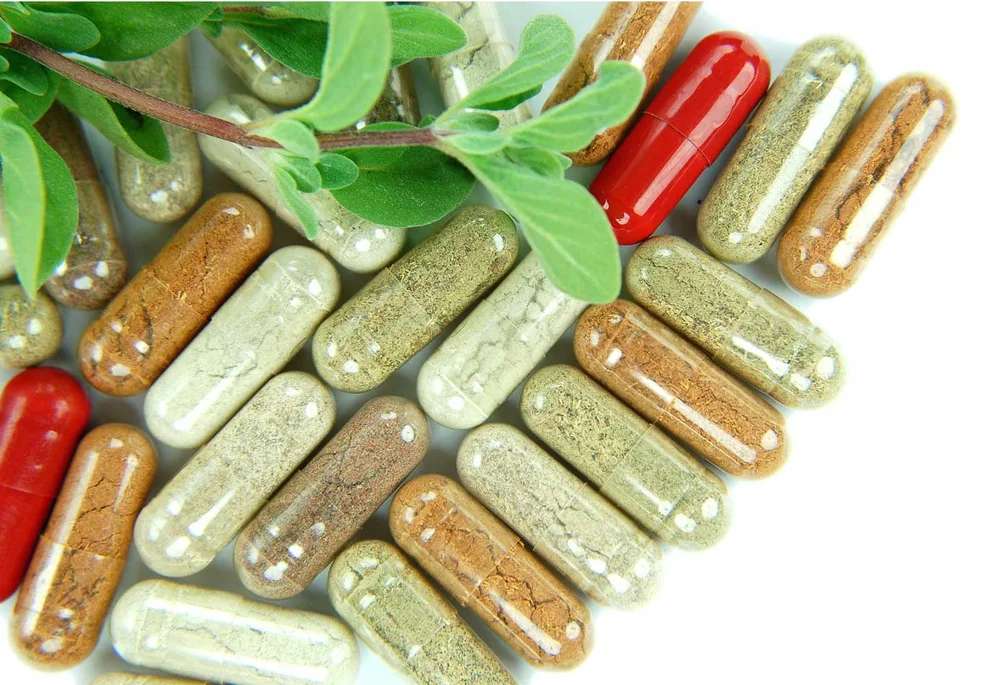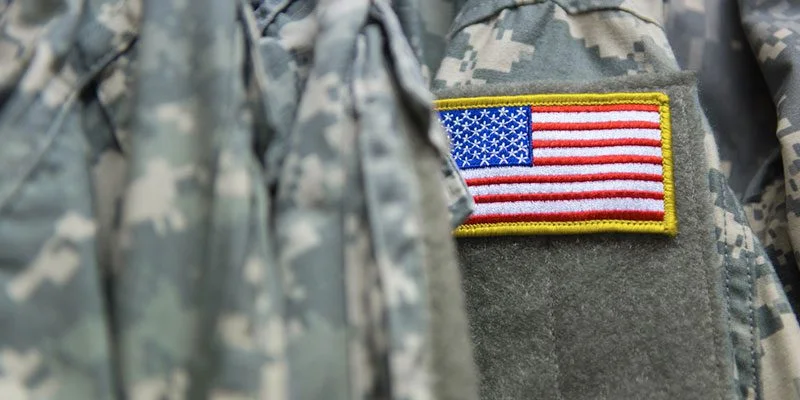The Power of Social Connection: How Healthy Relationships Impact Your Well-being
I’ve learned to love some restorative solitude as a way to rest and recharge between tackling life’s long list of to-dos. But being alone too much—socially isolating for long periods—can trigger a bunch of negative health effects over time.
Most of us had to cope with things like isolation, social distancing, and staying home in the pandemic years. Those habits actually piggybacked onto many other changes that have happened in our modern world. For example, Americans were already starting to leave the house less, as the world seems to be at our fingertips thanks to the powers of technology.
Dining out turned to at-home delivery eaten in front of the television. Social gatherings turned to mindlessly scrolling through Facebook. Commuting to an office turned to working from home. Shopping in stores turned to buying online. The list goes on. Unfortunately, all of these developments can add up and be harmful to us when we allow ourselves to be sucked into prolonged isolation.
Loneliness: The New Epidemic
Between tech-driven lifestyle changes and pandemic interruptions to normal life, it’s no surprise that millions of Americans now suffer from loneliness. In fact, the government recently released a report called “Our Epidemic of Loneliness and Isolation: The U.S. Surgeon General’s Advisory on the Healing Effects of Social Connection and Community.” Surgeon General Dr. Vivek H. Murthy cited stats that, even before COVID-19, 1 in 2 American adults were reporting the experience of loneliness. He listed various individual and societal drawbacks of our isolated society, including:
- A greater risk of cardiovascular disease, dementia, stroke, depression, anxiety, and premature death. The negative health impact of being socially disconnected has been compared to the effects of smoking up to 15 cigarettes per day.
- Greater incidence of obesity and physical inactivity.
- Diminished engagement in performance and productivity in community institutions like schools, workplaces, and civic organizations.
The good news is, we can all take steps to change our lives for the better by making and nurturing our social connections. But first let’s look a little deeper at why this is such an important topic.
Why Are Social Connections So Important?

The Centers for Disease Control and Prevention (CDC) defines social connectedness as “the degree to which people have and perceive a desired number, quality, and diversity of relationships that create a sense of belonging, being cared for, valued, and supported.” Human beings are social creatures by nature—this aspect of life has always been a crucial component of our survival as a species. It builds up the individual, improving health and life expectancy, while making it easier to cope with stressors and difficulties (more on that below). It can even ease the burden of serious mental health concerns like anxiety and depression, the CDC reports. Other health benefits cited include better sleep and quality of life, while reducing the risk of violent or suicidal behaviors.
In addition to the individual’s benefits, entire communities are strengthened through togetherness. We’ve all seen the incredible acts of humanitarianism when a tragedy strikes a community; millions of people can pull together from all over the country to help. But on a local scale, it’s great to build community every day—in the neighborhood where you live, at work or school, or in organizations like nonprofits or churches. This makes a group stronger and better able to get through any turbulent times when they arrive.
Being social also ushers in the urge to give back, which itself has been shown in numerous studies to improve health and well-being at any age. Scientists have discovered that, by examining the functional MRIs of subjects who gave to charities, giving back stimulates the reward center in the brain, the mesolimbic pathway. This stimulation releases those feel-good chemicals called endorphins. That’s why many people refer to that charitable feeling as the “helper’s high.”
Social Connections Soothe Stress
The 2022 Stress in America survey, issued by the American Psychological Association (APA), found that a growing number of our country’s adults are feeling severe effects of stress. More than ¼ of them (27%) said stress impacts their day-to-day lives, claiming that most days they’re so stressed they can’t function. This statement was even more prevalent among those under 35. Overall, American adults rated their stress level at 5.0, which is a little higher than before COVID.
However, the APA also points out that stressors are eased when we have support systems in the form of social connections. Many of us have heard the saying “A problem shared is a problem halved.” And a 2022 study found this to be true—that having social support boosts resilience when stressful situations arise.
On the other hand, loneliness is a common side effect of modern life. It can be made worse by living alone, or by having too-small social networks and/or low-quality relationships. You don’t necessarily need a village (though if you have one, great). Even a handful of trusted companions can help you weather the storms of life. It’s pretty simple: When we give and receive support, we feel better—and more capable of handling whatever comes our way.

Ways to Build Social Connections
If you feel a little out of touch and are craving more human interaction, don’t worry—there are many easy ways to start building your network. Try one of these tried-and-true methods:
- Join in. Look for groups, clubs, and organizations in your area. What hobbies or interests might you be able to connect on? Are you interested in spirituality or religion, sports, crafts, books, music? You can often find a community in your area that’s serving that need. Or, if not, you can start your own! You might find there are many others in your area interested in the same thing. As an alternative, if you’re in a more rural setting, you can connect to online groups and join virtual meetings.
- Sign up to help. No matter where you live, you can probably find ways to give back to the local community. Reach out to a nonprofit in your area, or a local chapter of a larger organization, and find out how you can help. You might organize a food drive, visit local senior citizens, work with kids, or clean up your community. You’ll not only feel great about helping out—you’ll interact with many others along the way.
- Seek out physical activity. Just like giving back, exercise gets those endorphins flowing. So even if you did solo exercise, you’d still feel better than when you started. But group workouts offer many additional benefits. You might find yourself more motivated with partners in accountability, learn some helpful new routines or fitness tips, or simply enjoy getting out of the house to hit the local gym, swimming pool, or yoga studio. Of course, you’ll also connect with like-minded people, which makes this option a healthy step in so many directions.
- Tap into your existing network. It’s amazing how many of us feel alone—then choose not to pick up the phone and say hello to our nearest and dearest. When’s the last time you had a catch-up with your friends or family members, either in person or on the phone? Even reaching out through email or social media is better than nothing. Just look around—including into your past, such as with long-lost friends you could reconnect with. You might find more connections than you realized you had.
It may sound strange, but if you feel lonely in this world, you’re not alone. Many Americans are suffering right alongside you. It’s easy to think defeating thoughts, like “No one cares about me,” “I don’t matter,” or “I’m unlovable.” The irony is that a lot of people are thinking this very same thing. All we need to do is make an effort to reach out to each other. Chances are, we’ll find an open hand ready to reach back.
- Screen Time and Brain Health: Setting Healthy Limits for Children - April 16, 2024
- Raising Brain-Healthy Kids: Tips for Parents to Support Cognitive Development - April 11, 2024
- Healing from Trauma: Empowering Stories of Resilience and Recovery - April 5, 2024



